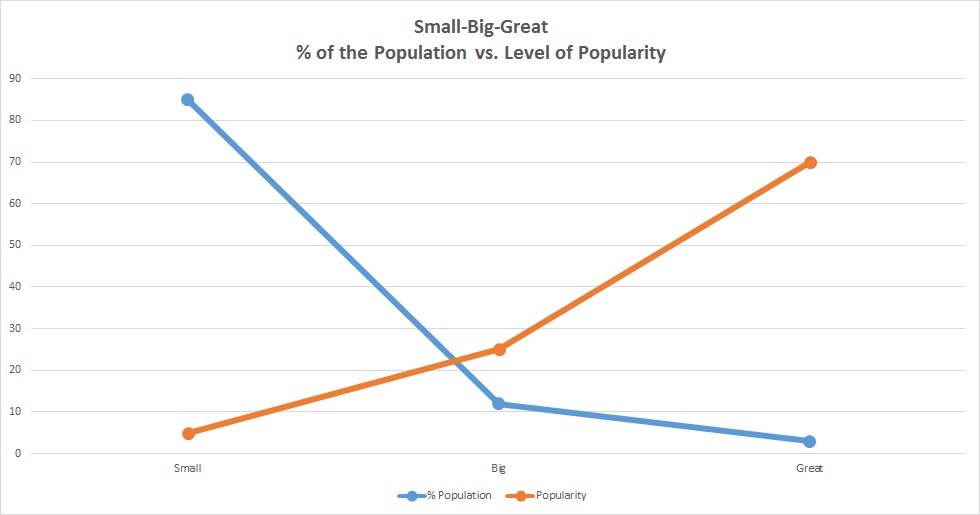 Every Tuesday evening at 8pm Eastern, the #DareToBe tweetchat takes place on Twitter. The #DareToBe tweetchat is hosted by Editor, Writer, and Communications Executive Andrea Sanchez (@asanchez16).
Every Tuesday evening at 8pm Eastern, the #DareToBe tweetchat takes place on Twitter. The #DareToBe tweetchat is hosted by Editor, Writer, and Communications Executive Andrea Sanchez (@asanchez16).
Every week a different topic. On the evening of December 22, 2015, the topic was MEMORIES. I could not capture all the twitter based answers to the 10 questions asked by @ASanchez16. However, I present the questions and my answers (with a bit of amplification). Please enjoy and if you can, please joins us. Look for the #DareToBe hashtag every Tuesday evening.
Also, I invite you to follow me on twitter: @DaveGuerra.
MEMORIES
- Q1: To remember involves daily and lifelong moments. What makes one particular thought stand out? #DareToBe
A1. Sometimes it is the littlest thing that will trigger a memory. A scent, a song, the look of the sky, the stillness of the night. anything really #DareToBe
- Q2: The best memories involve ______________. #DareToBe
A2. The best memories involve those times when I was with very special & important people in my life. #DareToBe - Q3: What is one of your favorite childhood memories? #DareToBe
A3. Hanging out with my cousins at my grandparent’s home after a two day drive from DC to Texas #DareToBe - Q4: Happy memories make you happier. Agree/disagree? Explain. #DareToBe
A4. Agree. I believe happy memories make me happy in that they are a catalyst for making more happy memories #DareToBe - Q5: We all do this. We keep items to help us remember a person, event, etc. Describe the item you are thinking of. #DareToBe
A5. I have my pieces of the Berlin Wall. Great times, Sad times, Fantastic Time in History to be there. #DareToBe - Q6: “We do not remember days. We remember moments.” –Cesare Pavese/ Give an example of a recent moment. #DareToBe
A6. This year’s Veterans Day presentations at my children’s schools. Both were very active participants in the presentation. #DareToBe - Q7: When memories are negative, how can one overcome living in its shadows? #DareToBe
A7. By acknowledging they happened & doing what it takes to not repeat or not have those memories repeated in real life. #DareToBe - Q8: How can memories be used to make a team, family or friendship stronger? #DareToBe
A8. Those memories build unity and create a unique level of cohesion that is shared by those that have the common memory/experience #DareToBe - Q9: What memories play a part in your holiday traditions or celebrations? #DareToBe
A9. All of them. From that year with the aluminum tree to the year we had goose for Christmas Dinner #DareToBe - Q10: This holiday I will dare to make a happy memory by _____________. #DareToBe
A10. actively participating and encouraging others to be an active part of the magic. #DareToBe
If you like this kind of conversation then I do invite you to join us every week on Twitter. Thanks and as always #DareToBe Unique!

